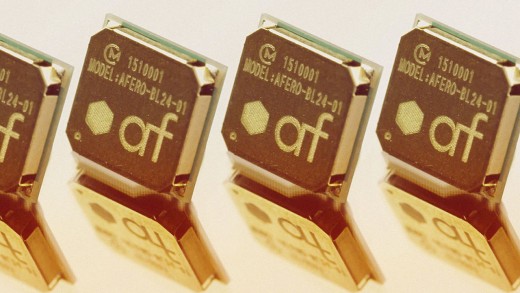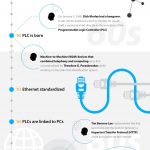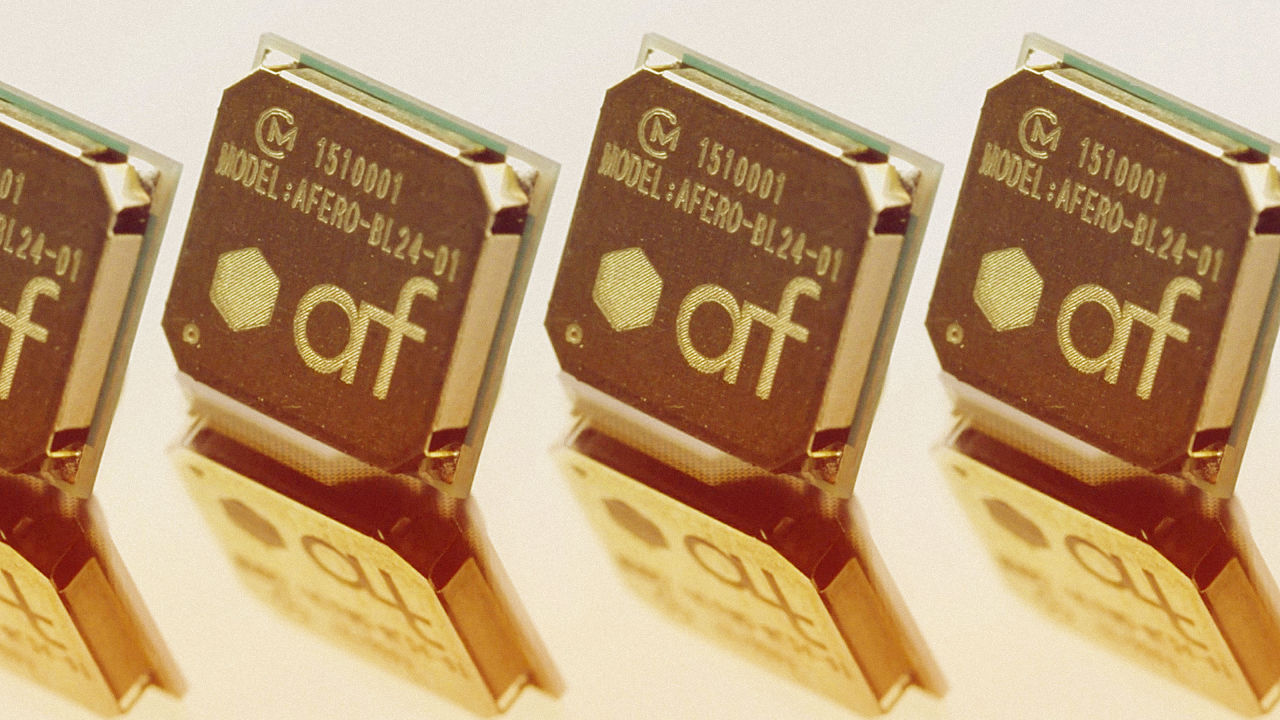Startup Afero Wants To Own The Net-Connected Gadget World
Apple, Google, and Microsoft vets have a plan to connect fitness bands, smart lights, online fridges, and other “Internet of Things” devices.
Fitness bands, smart door locks, “learning” thermostats, connected refrigerators, smart TVs—they’re all part of the Internet of Things (IoT). But bringing these gadgets online is very different from adding more PCs and smartphones, because there isn’t a common technology to link these new devices, says Joe Britt, founder and CEO of Afero, a new company that wants to become the glue holding the IoT together. Derived from Esperanto, a failed approach at a universal language, the word “afero” has several meanings, including “thing” and “business.”

“If you want to exchange data with another computer on the Internet…you open something called a socket, and then you push bytes into this socket,” says Britt. IoT devices don’t have this common socket interface, nor do they have processors following a common standard like the one that allows an Intel-based computer to run Windows, Mac OS X, or Linux.
“[With IoT] there’s a lot of volatility in terms of what processors are available, what kind of communication protocols, what kind of embedded operating systems,” says Britt, a cofounder in 1999 of Danger Research, maker of proto-smartphone, the T-Mobile Sidekick. (Microsoft purchased Danger for half a billion dollars in 2008.) Britt also worked at Apple and at Google with fellow Danger cofounder and cofounder of Android Inc., Andy Rubin.
Several companies are trying to simplify the IoT complexity by monopolizing the process. Windows 10 IoT Core, for example, aims to dominate connected gadgets the way the original Windows did for PCs. Afero’s plan is to provide that missing socket to link devices. Emerging from 18 months in stealth mode in December, Afero introduced a communications chip, a protocol for encrypting and transmitting data to and from devices, and a cloud network of six computing centers in the U.S. and Japan to funnel device data around the world. Afero says it has a “collaboration” with game and toymaker Namco Bandai as well as one with Infocom, which makes a wide variety of products including medical devices. Britt listed tracking medical supplies as one possible application of its IoT tech. Britt says that more deals are in the works and that he will “perhaps” be able to name some within the next six months.
Plug And Play
Like Amazon Web Services, Afero promises to handle the online components that aren’t a company’s core business and to provide simple tools for using the service. Many common devices, like refrigerators, microwave ovens, or home air conditioners, have basic computing systems to take readings such as temperature and adjust the machinery. “They’ve all got processors,” says Britt. “But they also all have a very disparate collection of operating systems and micro-controllers, and a lot of that stuff has grown up over time for a number of reasons.” Afero doesn’t require the device makers to change any of that—just add its chip on top and use an automated tool to create the software that links them and the Afero cloud.
One of Afero’s main selling points is security. Its system encrypts data using standard methods but can also “kinda fuzz the traffic,” says Britt, because even packets of gobbledygook can tell a hacker a lot. A connected-house service might send an encrypted message to a door lock, for instance. The message is decrypted, and the motor in the lock turns. Then the lock sends an encrypted confirmation message back to the service. “Well, the amount of time it takes that motor to rotate is pretty consistent,” says Britt. A crook could purchase several brands of connected locks to quantify the lag between signals, and then use that info when scanning local network traffic in a neighborhood. “We’ve built in methods that vary the amount of timing going in and out, to make it very difficult to characterize,” he says.
Afero is starting with controlling gadgets locally, using Bluetooth Low Energy (BTLE) wireless to connect devices through a smartphone to the Internet. Afero won’t initially allow opening that home smart lock remotely from the office to let the housekeeper in, but it would work for homeowners too lazy to get off couch. Afero started with BTLE, says Britt, because smartphones are ubiquitous and can easily be made into a hub using Afero’s app for Android and iOS. But Wi-Fi may be coming, says Britt. “It is possible to, and we will, build other radios and support other communications technologies.”
It’s also possible for Afero’s tech to work without its own cloud service, he says, after I press him on the point. GE and IBM, for example, already have extensive cloud systems for integrating and analyzing data from connected devices. “Everything is a business discussion,” says Britt. “So there’s no technical reason why we can’t do it.” He expects most companies will want to focus on developing their products and services, and be happy to have Afero handle the cloud networking. But it will certainly have competition. “Everyone is trying to become the IoT hub for your home,” says Geoff Webb, a VP at security firm Micro Focus. “Google is driving that, Microsoft wants to do it, Apple wants to do it, Amazon of course wants to do it.”
Afero’s bid also requires a lot of trust in a complete newcomer—though one with an experienced staff—to maintain the reliability of connected devices. (After purchasing Danger Research, Microsoft suffered a server failure in 2009 that wiped out Sidekick owners’ data.) It also requires faith in its ability to maintain the security and privacy of digital data flows that say ever more about people’s lives. It’s still far too early to tell if Afero has a better chance of becoming a universal communication standard than the language from which its name derives.
Fast Company , Read Full Story
(52)













